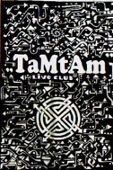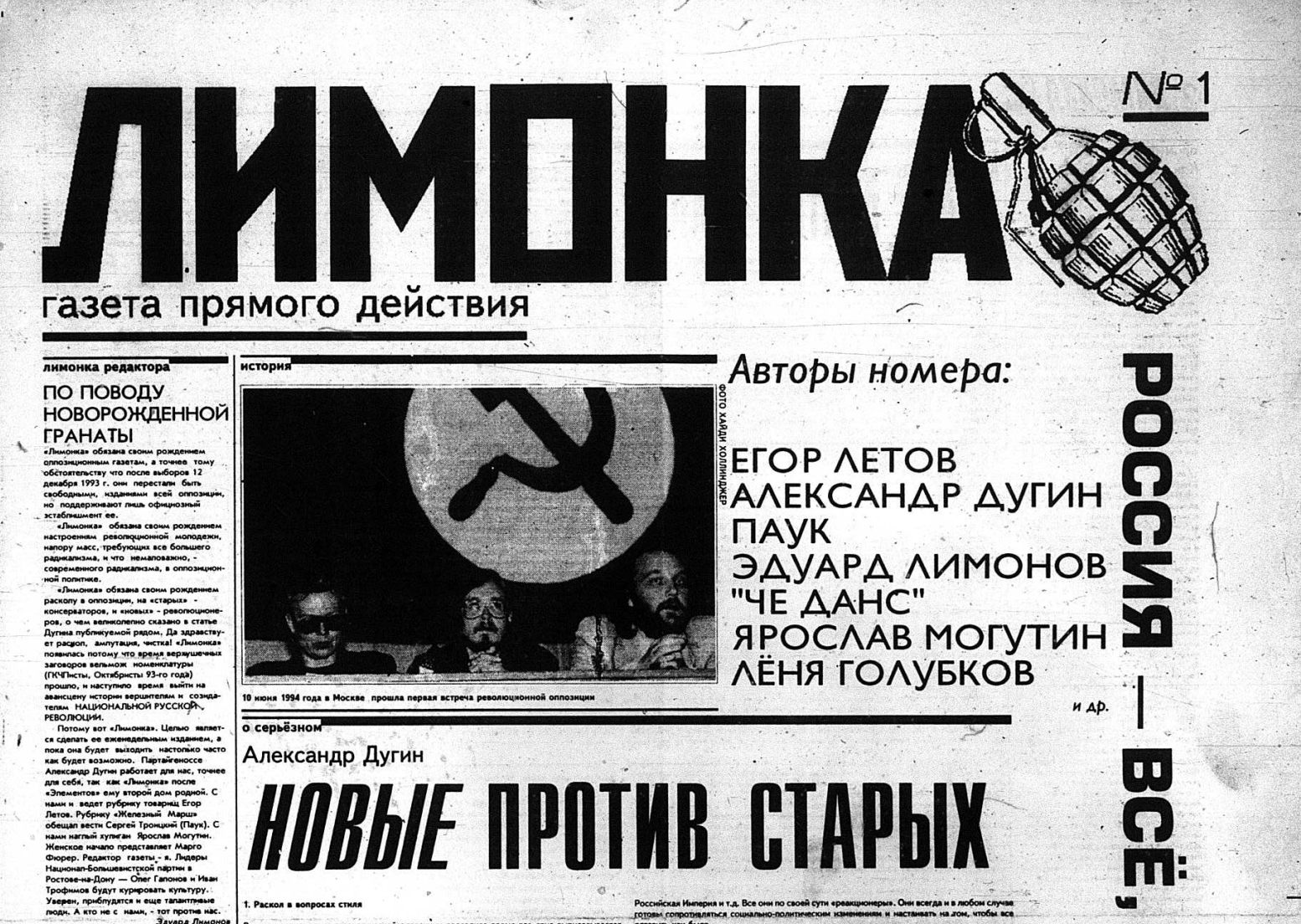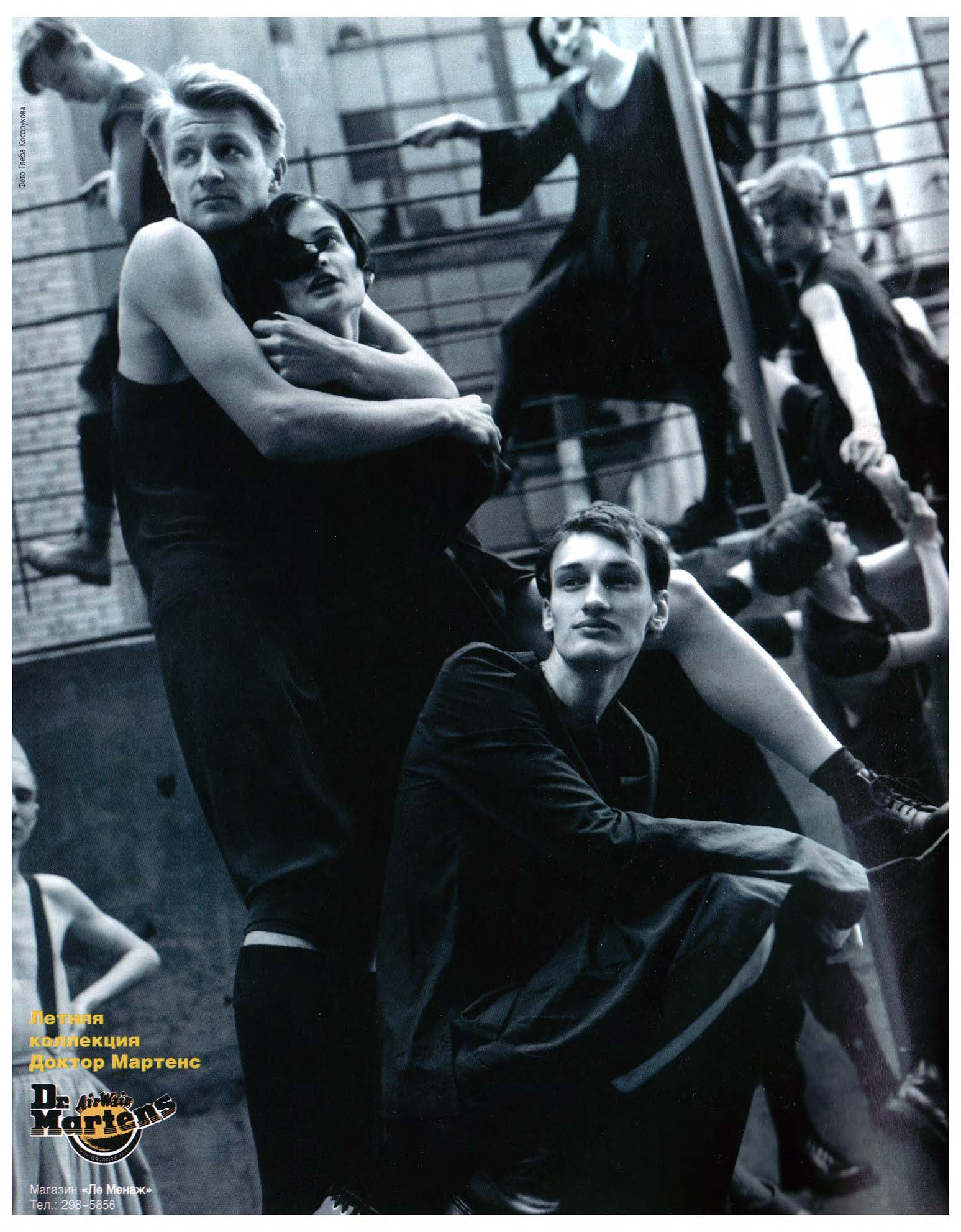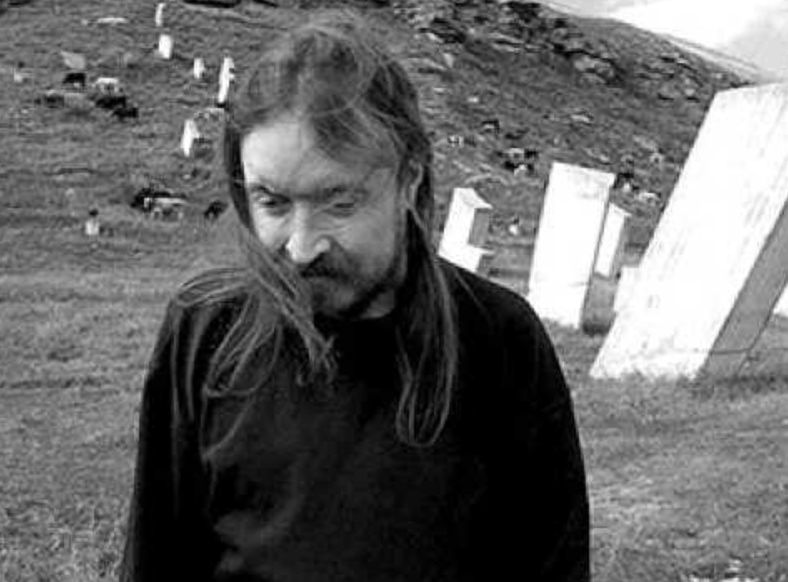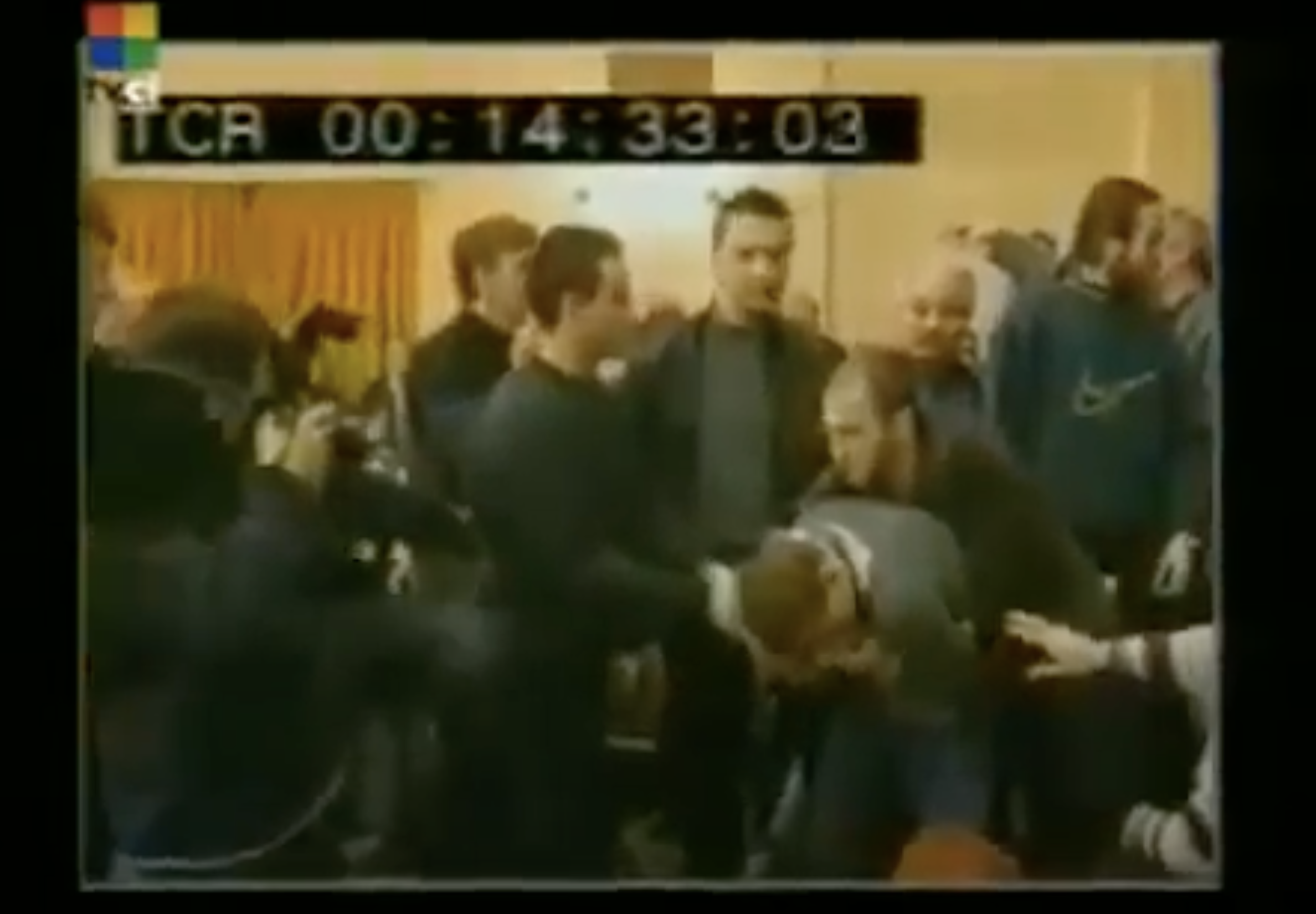TaMtAm Rock Club documentary for German television (1993)
This German television documentary captured one of Russia's first Western-style punk clubs, TaMtAm, founded in 1991 by Akvarium's Vsevolod Gakkel (1953-) after his visit to New York's CBGB.
Love is Cruel, It Can Make You Fall for An Asshole
A mean-spirited Pravda piece from 16 April 1994 about Slava Mogutin’s attempt, four days earlier, to register marriage to his partner, Robert Filippini.
A Conservative Revolutionary Avant-Garde
“The New against the Old,” a programmatic article by Aleksandr Dugin from the first issue of Limonka, the official newspaper of Eduard Limonov’s National Bolshevik Party (NBP), radical political organization/countercultural movement.
Fascist Fashion Between Counterculture and Mainstream
Images from a photo shoot from the Polushkin Brothers’ Fash-Fashion collection, which alluded to both queer and fascist aesthetics. Images in the series appeared, respectively, in an ad for Dr. Martens in the lifestyle magazine “Ptiuch,” and as an example of the countercultural aesthetics of the National Bolshevik Party in the pages of its press organ, “Limonka.”
The World Made of Plastic Has Won
Yegor Letov (1964-2008) performs his song “Moia oborona” (My defense), during his “concert in the hero city Leningrad,” part of Grazhdanskaia oborona’s 1994 tour Russkii proryv (Russian breakthrough).
“Stalin, Beria, Gulag!”: The Natsboly Oppose Gaidar and Mikhalkov
Two early direct actions organized by young members of the National Bolshevik Party combined self-martyrdom with totalitarian stiob.
